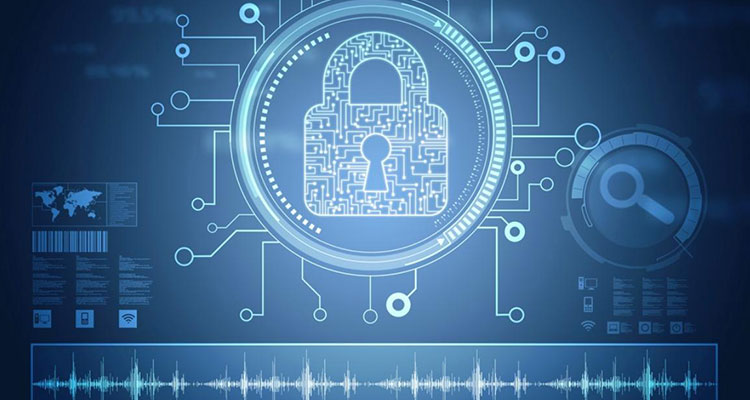The European Commission and the High Representative are proposing today a wide-ranging set of measures to step up the EU’s cybersecurity capacity, including tools to ensure that Europe is better equipped to deal with cyber-attacks.
As well as a proposal for a strong EU Cybersecurity Agency, the European Commission and the High Representative are proposing a new European certification scheme that will ensure that products and services in the digital world are cyber secure, as well as measures to combat fraud and the counterfeiting of non-cash means of payment.
On 13 September2017, in his annual State of the Union Address, President Jean-Claude Juncker stated: “In the past three years, we have made progress in keeping Europeans safe online. But Europe is still not well equipped when it comes to cyber-attacks. This is why […] the Commission is proposing new tools, including a European Cybersecurity Agency, to help defend us against such attacks.”
To unlock the full potential of the EU data economy, the Commission is additionally proposing anew set of rules to govern the free flow of non-personal data in the EU. Together with the already existing rules for personal data, the new measures will enable the storage and processing of non-personal data across the Union to boost the competitiveness of European businesses and to modernise public services in an effective EU single market for data services.
Details on the cybersecurity initiatives are available in the press release, questions and answers, an overview factsheet as well as the factsheets on the European Union Cybersecurity Agency and on non-cash payment fraud.



